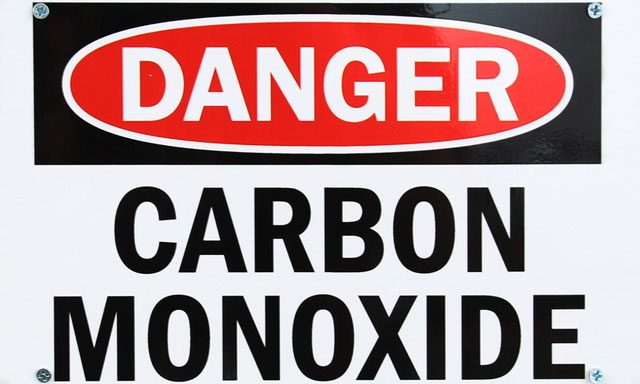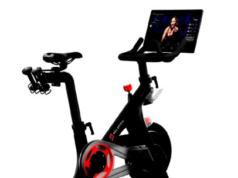
It is estimated that over 500 people die each year from carbon monoxide poisoning, and 15,000 seek treatment for it each week.
Carbon monoxide (CO) is a colorless and odorless gas which can cause serious injury or death to those in an enclosed area such as a home, hotel, business, or vehicle.
CO poisoning is often misdiagnosed by doctors, and some victims have been mistakenly told that they’re suffering from psychiatric problems, food poisoning, anxiety or even the flu. Given the fact that carbon monoxide is a slow and silent killer, it’s not uncommon for people to suffer the effects of CO poisoning for days or weeks before realizing that they need to seek medical help.
Causes and Symptoms of Carbon Monoxide Poisoning
Here are some of the most-common sources of carbon monoxide exposure:
- Defective products such as cooking gas stoves, ovens, and propane fridges
- Defective water heaters, furnaces, or boilers
- Car exhaust
- Generators
- Fireplaces
Early symptoms of carbon monoxide poisoning can include a headache, dizziness, nausea and fatigue. Unfortunately, most people do not immediately recognize that these symptoms could be associated with CO poisoning.
As carbon monoxide builds up in your blood, the symptoms will get progressively worse and can lead to confusion, cognitive impairment, memory loss, hallucinations, drowsiness, increased heart rate or chest pain, vision problems, seizures, and respiratory arrest.
Defective Carbon Monoxide Detectors
CO detectors are essential to preventing carbon monoxide poisoning, and are just as important as smoke detectors.
Should there be a carbon monoxide leak in your premises, your CO detector should alert you a timely manner. Should this not occur, you should have your detector checked by a professional. If the CO detector is shown to be defective, it may be possible to file a product liability lawsuit against the manufacturer.
Recently, three off-brand carbon monoxide alarms failed critical performance tests, were found to be missing UL certification, and have thus been labeled “Don’t Buy: Safety Risk” by Consumer Reports. These three models (sold on Amazon and eBay) were listed as the Foho YJ-806, the GoChange 882 LCD and the NetBoat WB_H3110061.
Carbon Monoxide Poisoning at Home
If you rent your home or apartment, your landlord may be required (under NFPA 720) to ensure that detectors are in good working order—and on every level of the residence—prior to you moving in. Failure to do so could also lead to a premises liability lawsuit against the landlord or property owner.
According to premises liability law, a property owner has a duty to exercise due care to protect those on the premises from known conditions that can result in injury. Should they fail in this duty, the victim may be able to file a claim and seek compensation for any and all losses related to the premises owner’s negligence.
Carbon Monoxide Poisoning at a Hotel or Business
Non-residential buildings (such as hotels, restaurants, schools, daycare centers, nursing homes, etc.) are also covered by NFPA 720, and the rules are generally more-strict.
If a business fails to maintain/replace their CO detectors and someone suffers CO poisoning, the premises owner likely holds some portion of liability. The laws can vary by state, so it’s recommended that you discuss your potential legal options with a qualified premises liability lawyer in your area.
Carbon Monoxide Safety Tips
Carbon monoxide poisoning is an insidious and dangerous condition. If you or a loved is exhibiting any of the symptoms listed above, it is important to move outside and call 911 right away. Long-term exposure to carbon monoxide can lead to brain damage, seizures, respiratory failure, heart attacks, vision or hearing loss, depression and personality changes, severe and chronic migraines, and even death.
Make it a habit to check and test to see if your carbon monoxide detector is working, and ask your landlord or super about the last time it was serviced. In addition, open your windows regularly to help with clean air circulation, and avoid using appliances in small and enclosed spaces without adequate ventilation.








